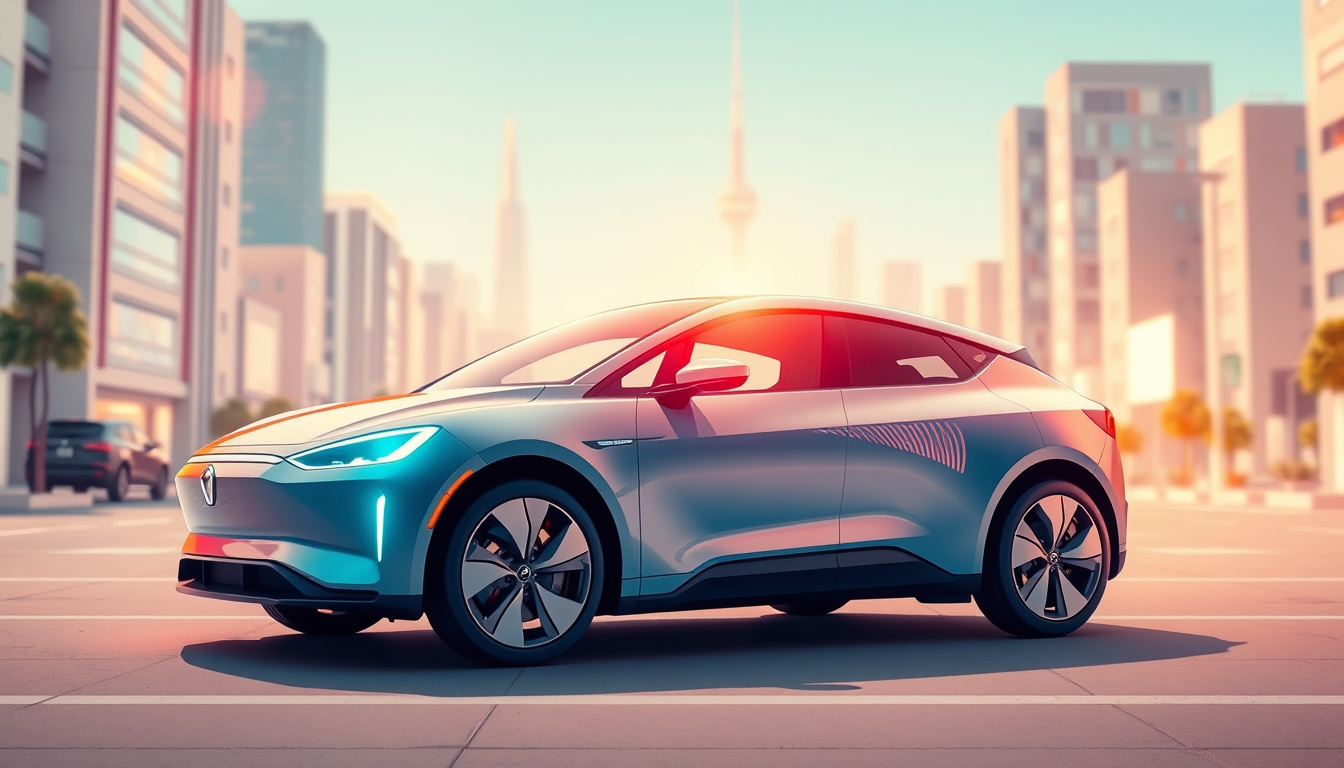The landscape of consumer attitudes toward electric vehicles (EVs) is evolving rapidly as sustainability concerns, technological advancements, and economic factors converge. This shift is critical, not only for the automotive industry but also for the broader efforts to combat climate change.

The Current State of Electric Vehicle Adoption
Recent data indicates a substantial increase in interest and intent to purchase EVs, particularly among younger generations. According to a survey conducted by Hankook Tire, nearly 20% of U.S. consumers plan to buy or lease an EV within the next year, up from just 8% in 2022. This rise is primarily driven by Millennials and Gen Z, with 36% and 32% respectively indicating serious consideration for EV ownership. Meanwhile, the overall market is still in a state of transition, with varying degrees of adoption across different regions. In China, for instance, half of all vehicle sales are now electric, while in the U.S., the figure stands at around 10%.
Evolving Motivations Beyond Fuel Savings
Traditionally, financial incentives such as fuel savings were the main appeals for consumers considering EVs. However, surveys reveal a notable shift in motivation. While gas savings remain relevant, the weight of this factor has decreased significantly—from 58% of consumers citing it as an important consideration in 2022 to just 36% in 2024. As environmental concerns grow, more consumers now prioritize the ecological benefits of EVs, with 18% citing environmental impact as a key reason for their interest in electric options.
This shift indicates that consumers are increasingly viewing EVs as part of their commitment to sustainability rather than merely a cost-saving measure. The integration of advanced technologies in EVs, such as improved battery life and enhanced features, also plays a crucial role in modifying consumer perceptions and expectations.
Generational Differences in Adoption
The generational divide in attitudes towards EVs is striking. Younger consumers are leading the charge towards electric vehicle ownership, while older generations show more reluctance, often tied to concerns about new technology and changing driving habits. For example, Gen Z drivers report feelings of aggression behind the wheel, potentially influencing their willingness to embrace new vehicle technologies like EVs. Meanwhile, older generations remain more skeptical, often preferring traditional internal combustion engine (ICE) vehicles due to familiarity.
Technological Trust and Vehicle Maintenance
Consumer confidence in vehicle maintenance and technology usage has increased dramatically. A Hankook survey demonstrated that 65% of drivers now feel capable of performing basic maintenance tasks, a significant rise from just a decade ago. However, this increased confidence coexists with a reliance on professional maintenance, particularly due to the complexity of modern vehicle technology.
Despite these advancements, there’s still some skepticism surrounding the performance of EVs under various conditions. Many drivers are unsure whether EVs outperform traditional gas vehicles, with only 35% believing that they do. As driving behavior changes with technology, consumers must learn to navigate new systems while placing trust in their vehicles.
Obstacles to Broader Adoption
Despite the optimistic trends, several barriers continue to hinder wider EV adoption. Concerns over charging infrastructure, battery lifespan, initial costs, and the resale value of EVs remain prevalent among potential buyers. The need for a robust public charging network is echoed across various surveys, especially as range anxiety continues to be a barrier for many consumers.
In the U.S., this transition is further complicated by a stark urban-rural divide in EV uptake. Urban consumers often exhibit greater willingness to adopt EVs, influenced by better infrastructure and higher awareness of environmental issues, while rural areas lag due to limited charging options and economic considerations.
Looking Forward
As the electric vehicle market continues to evolve, stakeholders—including manufacturers, policy makers, and consumers—must adapt and harness the shifting attitudes towards EVs. A focus on consumer education regarding environmental benefits, performance, and technological innovation will be crucial to dispelling misconceptions and facilitating a smoother transition to electric mobility.
This growing interest and the accompanying shift in consumer attitudes represent a pivotal moment for the automotive industry, as traditional paradigms give way to a new era defined by sustainability, innovation, and transformational technology. By understanding and responding to these consumer trends, businesses can better position themselves to meet the demands of a rapidly changing market.
——————————————————
Voltsandvolts.com is a blog dedicated to electric vehicles (EVs). Our blog features articles on EV reviews, stories, tips, tricks, charging infrastructure, and battery technology. Join the conversation and become part of the Voltsandvolts.com community today!
